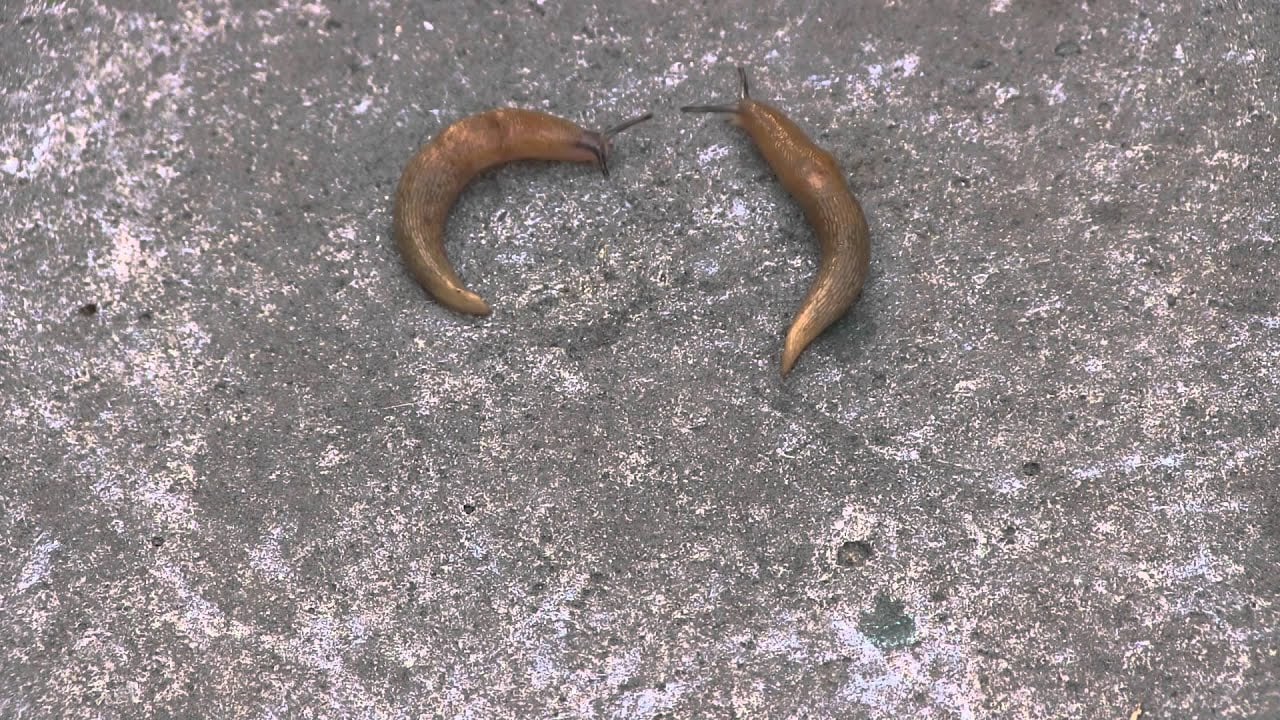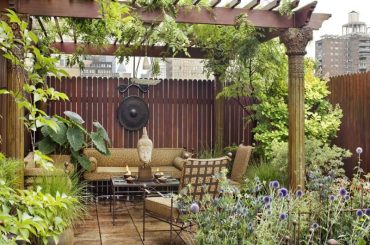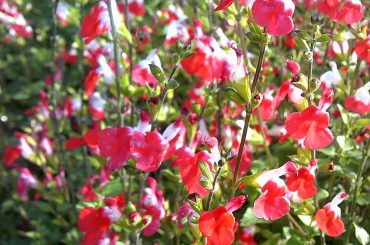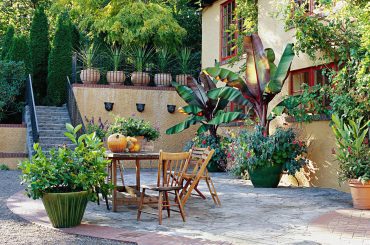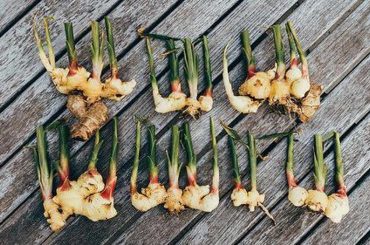Table of Contents
Gardening is a very tough job. Every minute detail must be studied, protected, and produced.
From providing the best to the plants to protecting them from the smallest of the acts, there is a lot to be done before one reaps the fruits and vegetables.
One major challenge that one must go through while practicing gardening is dealing with pests. This is the major problem that a lot of people talk about and are worried about.
These pests damage the seeds, leaves, fruits, and almost the entire plant and create havoc.
Today in this web article, we would be talking about the slugs, their existence, the damage they cause, and most importantly ways to deal with slugs naturally.
What Are Slugs?
Slugs are small pests with a skinny, moisture body, somewhat like a snail but without a shell. Their lifespan is about 1 to 5 years. They are generally found in a moist place. Moisture and food are something that attracts the slugs the most.
They have both the reproductive organs of the male and female. They are generally 8 to 10 inches long. Generally, they are brown in color, but you can also find them in yellow color.
Why Are They Located in The Garden?
As early mentioned, that slugs are prone to the areas where they find moisture and food for survival. This is all that matters to them, they are not picky about the food intake they have.
And the garden is a perfect place that stays moist during the day and leaves, fruits become the food that the slugs look for.
Hence, they are found in the garden in a huge amount. A normal small garden is expected to have 1000s of slugs.
Since now we have understood the existence of slugs and the damage they cause. So here we talk about 8 very effective natural ways to deal with it.
Sprinkle Salt
Salt immediately creates discomfort in the slugs and leads to death. So, this is one of the best ways to deal with the problem of the slug. Ensure that salts are not used too much as it might create problems for the plants.
Sprinkle Sand
Sprinkling sand will create discomfort among the slugs and will create a problem in moving from one place to another. This will eventually lead them to death. This method also proves beneficial to the plants and helps to maintain the most.
Use Old Ground Coffee
The smell of old ground coffee is very strong, and the strong smell proves unfavorable for the slugs to survive. Hence, old ground coffee can work effectively against the slugs.
Avoid Watering Late
Make sure that you water the plants early in the morning so that by the night it is dry, and the ground does not remain favorable for the slugs to survive. So, avoid watering late.
Switch to Drip Irrigation
Drip irrigation focuses on the roots of the plants and keeps the area around them clean. This can help the slug stay away and could protect the plants.
Plant Herbs and Other Plants That Has A Strong Smell
Planting herbs and other such plants will emit a strong smell. This will make the survival of slugs difficult, as slugs cannot survive strong smell. So, opt for planting herbs and other plants with strong smells.
Beer Trap
One of the best and the oldest ways of dealing with slugs is the beer trap. Slugs are attracted to the smell of the beer. But as they get close and try to have it, they sink in the container containing beer. So, take a small glass-like container and keep some beer in it overnight, near the plants you wish to protect.
Wheat/Corn Bran
Use wheat/ corn bran in your garden to fight the slugs. The bran makes the land dry, which forces the slugs to die.
You can use the above given natural ways to effectively fight against the slugs and have a healthy- slug-free garden that you always wished for.

